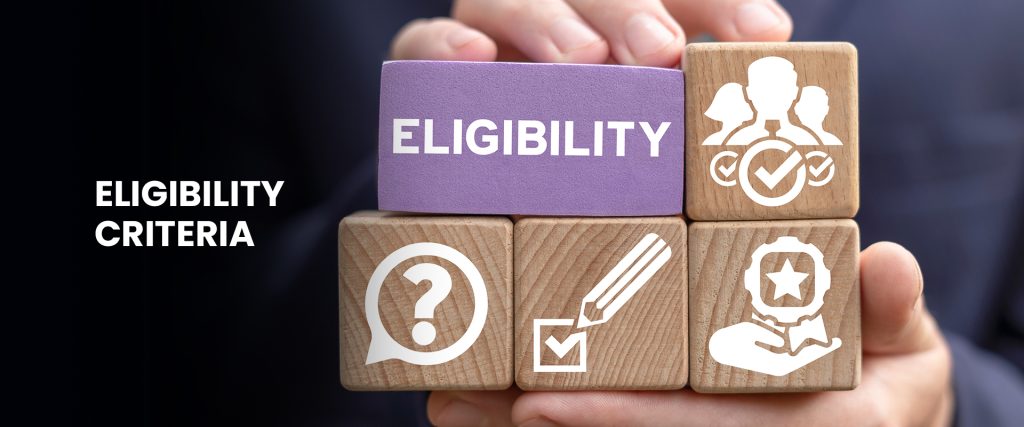
The eligibility criteria for a university to partner with the National Board for Technical Education (NBTE) in Nigeria to offer top-up degree programs can vary, but generally, universities that meet certain standards and requirements are considered suitable for collaboration. While specific criteria might evolve over time and based on the agreements between the university and NBTE, here are some common aspects that universities might need to fulfill:
Accreditation and Recognition: The university should hold valid accreditation and recognition from the relevant accrediting bodies in its home country. This ensures that the university maintains high academic standards and credibility.
Relevant Programs: The university’s programs should align with the technical and vocational fields covered by NBTE. The top-up degree programs offered should complement the diploma programs provided by institutions under the NBTE umbrella.
Quality Assurance: The university must demonstrate a commitment to quality assurance in its programs, teaching, and assessment methods. This might involve providing evidence of curriculum alignment, faculty qualifications, and student support services.
Academic Standards: The university should adhere to internationally recognized academic standards and practices. This ensures that the top-up degree programs maintain the same level of rigor and quality as those offered at the university’s main campus and internationally acclaimed regulators for credit framework.
Faculty Expertise: The university should have experienced and qualified faculty members who can deliver high-quality education to students. Faculty members might also be involved in curriculum development and student support.
Infrastructure and Resources: The university should have the necessary infrastructure, facilities, and resources to support the delivery and learning programs, which will be based on the mode of delivery for top-up degree programs.
Technological Capabilities: Given the potential for online delivery, the university should have robust technological capabilities to facilitate remote learning, including a reliable team to handle our centralized learning management system, virtual classrooms, and online assessment tools.
Commitment to Collaboration: The university should show a genuine commitment to collaborating with NBTE and Nigerians. This involves a willingness to align with local educational needs, culture, and regulations.
Experience with International Partnerships: Universities with prior experience in international collaborations and partnerships might have an advantage, as they are likely more familiar with navigating cross-border educational initiatives.
Demonstrated Impact: The university may need to showcase its track record of positively impacting the academic and professional growth of students through similar initiatives or partnerships. Which also requires them to have atleast 3 batches of these programs passed in the past under their records
Strong Alumni Network: The partnering university must have a strong alumni network and department so that our passing out students will also get engaged with the other alumni of the university and be part of the bigger community for potential future collaborations
It’s important to note that eligibility criteria can vary, and universities interested in partnering with NBTE should directly engage with the board or its designated representatives to understand the specific requirements for participation in the top-up degree program initiative.
